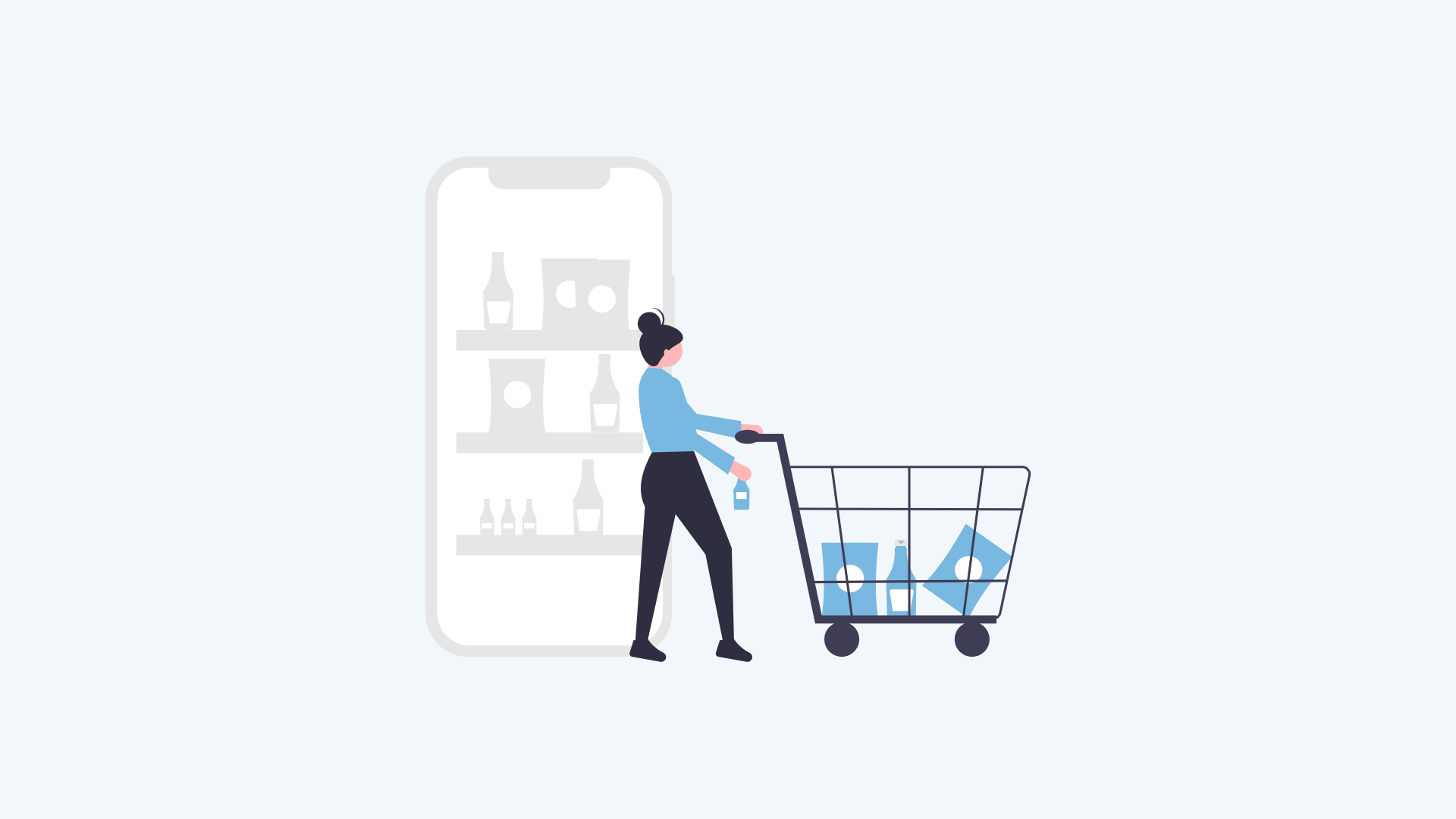
Benefits of Healthcare Apps for the Healthcare Industry
3 min read
The healthcare industry is experiencing a digital revolution, driven by the proliferation of mobile health apps. These apps are transforming the way healthcare providers deliver care, manage patient data, and streamline operations. In this blog, we will explore the top 10 benefits of healthcare apps for the healthcare industry in 2024, highlighting their impact on patient care and overall healthcare delivery.
- Improved Patient Engagement and Empowerment
Healthcare apps empower patients by providing them with easy access to their medical records, test results, and personalized health information. This increased access encourages patients to take an active role in their health management, leading to better health outcomes.
- Enhanced Communication Between Patients and Providers
Mobile health apps facilitate seamless communication between patients and healthcare providers. Through secure messaging, video calls, and virtual consultations, patients can easily reach out to their doctors for advice, follow-up questions, and remote consultations, improving the overall patient experience.
- Streamlined Appointment Scheduling
Healthcare apps allow patients to book, reschedule, or cancel appointments with ease. This not only improves patient convenience but also helps healthcare providers manage their schedules more efficiently, reducing no-shows and optimizing resource utilization.
- Remote Monitoring and Telehealth Services
With the rise of telehealth, healthcare apps enable remote monitoring of patients with chronic conditions. These apps can track vital signs, medication adherence, and other health metrics, allowing providers to monitor patient health in real-time and intervene when necessary, reducing hospital readmissions and emergency visits.
- Personalized Health and Wellness Programs
Healthcare apps can offer personalized health and wellness programs tailored to individual patient needs. From fitness plans and dietary recommendations to mental health support and chronic disease management, these apps provide comprehensive resources to support patients in achieving their health goals.
- Efficient Management of Medical Records
Digital health apps streamline the management of medical records, making it easier for healthcare providers to access and share patient information securely. This improved data management enhances coordination of care, reduces administrative burden, and minimizes the risk of errors.
- Enhanced Medication Management
Medication management apps help patients keep track of their prescriptions, dosage schedules, and refill reminders. By ensuring patients adhere to their medication regimens, these apps improve treatment outcomes and reduce the risk of complications.
- Data-Driven Insights and Analytics
Healthcare apps generate valuable data that can be used for analytics and research. Providers can leverage this data to gain insights into patient behavior, treatment effectiveness, and population health trends, enabling data-driven decision-making and personalized care.
- Cost Savings for Patients and Providers
By reducing the need for in-person visits and hospitalizations, healthcare apps can lead to significant cost savings for both patients and providers. Telehealth services, remote monitoring, and efficient resource management contribute to lower healthcare costs and improved access to care.
- Enhanced Patient Education and Awareness
Healthcare apps provide patients with access to a wealth of educational resources, including articles, videos, and interactive tools. This information helps patients stay informed about their health conditions, treatment options, and preventive measures, leading to more informed healthcare decisions.
Conclusion
Healthcare apps are revolutionizing the healthcare industry by improving patient care, enhancing communication, and streamlining operations. The benefits of these apps are far-reaching, offering patients greater control over their health and providing healthcare providers with the tools they need to deliver high-quality care efficiently.
As we move into 2024, the adoption of healthcare apps will continue to grow, driving innovation and transforming the way healthcare is delivered. At our web and mobile app development services, we specialize in creating cutting-edge healthcare apps that meet the unique needs of patients and providers. Contact us today to learn more about how we can help you harness the power of healthcare technology.
Please feel free to reach out to us if you have any questions or require a customized business solution.
 Back
Back
